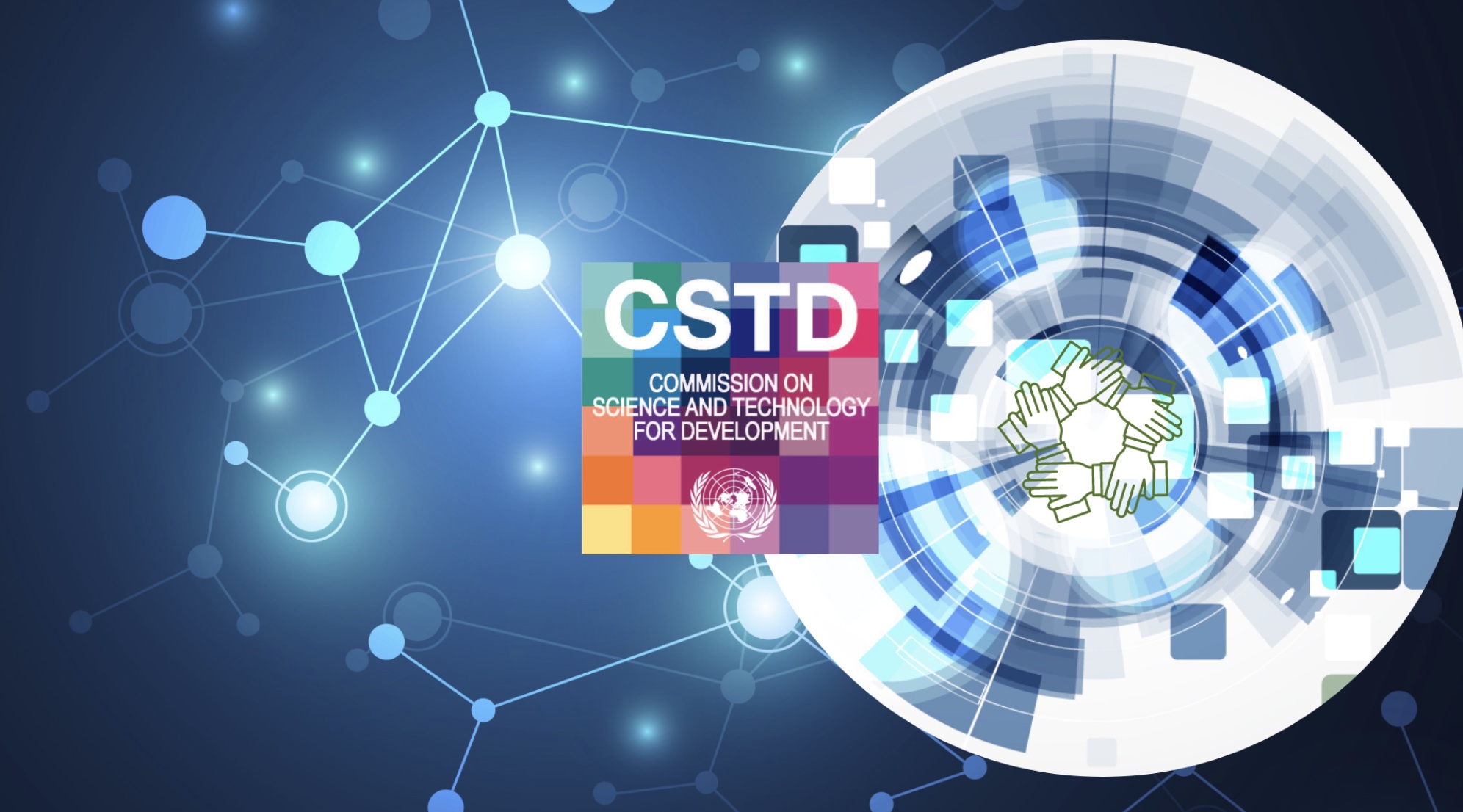A report from the United Nations Commission on Science and Technology for Development 2023
Scientific research increasingly takes place among global teams of researchers, creating networks that extend beyond national institutions and single disciplines (Wagner et al., 2015; UNCTAD, 2018). The growing technological complexity, the fast pace of technological change and the massive transformation brought by recent waves of innovation require a collaborative approach to Science, Technology and Innovation (STI).
From climate change to singularity
Choices about today’s challenges, from climate change to technological singularity, require an interdisciplinary approach and will have an impact on many aspects of human life at the global level.
Global cooperation in STI is essential more than ever to put the world on a sustainable development path. As highlighted by the 17th Sustainable Development Goal (SDG), global partnerships are important vehicles for mobilizing and optimizing resources available among governments, businesses, academia, civil societies and other stakeholders to ensure progress and long-term sustainability in all countries.
Rethink strategies and policies
The increasing interconnectedness of STI activities at the global level makes it urgent for countries to rethink their strategies and policies and render more evident than ever the need for approaches that open the focus of STI policy beyond national actors only. The national innovation system (NIS) approach has long epresented a framework to conceptualize and identify the many factors contributing to the determination of the innovative capabilities of a country. Nowadays, the NIS approach does not suffice as a practical framework for STI policy for development, which must be addressed from a global perspective, while still considering the needs, capacities and interconnections that characterize the relevant innovation system.
Rapid development of Artificial Intelligence
For example, a multilateral system of technology foresight and assessment could help countries understand better the opportunities and challenges brought by the rapid development of Artificial Intelligence (AI) as well as facilitate international cooperation in sharing good practices and lessons learned, thereby ensuring the formulation of consistent policies, standards and regulations.
Ethics Guidelines for Thrustworthy AI
The Ethics Guidelines for Trustworthy AI, released by the High-Level Expert Group on AI set up by the European Commission, is an initiative to ensure the ethical and responsible development of AI. The guidelines emphasize that AI should embody principles such as human agency and oversight, privacy and data governance, as well as societal and environmental well-being. At the international level, the UN multi-stakeholder High-level Advisory Body on AI is expected to advance recommendations for the international governance of AI (United Nations, 2023b). A multilateral system of technology foresight and assessment on AI could complement these initiatives.
Full potential while minimizing risks
Similar guidelines and regulations at the international level are key to guiding the development of AI and other frontier technologies towards the benefit of all countries. The formulation of regional and international instruments should carefully consider the diverse needs and concerns of countries at different stages of technological development to harness the full potential of STI while minimizing risks.

